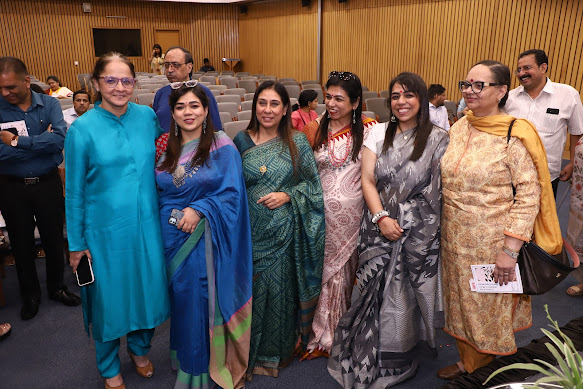The Contempt of Courts Act 1971 is a key law in India that helps maintain the authority and dignity of the judicial system. It ensures that individuals respect court orders and do not hinder judicial processes. The law outlines two types of contempt: civil and criminal. Civil contempt occurs when a person disobeys a court order, while criminal contempt is when someone acts in a way that lowers the court's authority or questions its integrity. This law plays a major role in protecting the fairness of the justice system and ensures that everyone follows the rules.Discoverhow the Contempt of Courts Act of 1971 shapes the conduct and authority of judicial proceedings in India.
Why is the Contempt of Courts Act Important?
The Contempt of Courts Act of 1971 plays a crucial role in maintaining the authority and dignity of the judiciary. Without this legislation, individuals might disregard court orders or obstruct the justice process, undermining the legal system. For a civil lawyer in Delhi, this act serves as an important mechanism to ensure compliance with court rulings. It safeguards the fair resolution of legal matters by preventing disruptions caused by disobedience or contempt towards the courts.
Types of Contempt
The law categorizes contempt into two types:
- Civil Contempt: This occurs when an individual fails to comply with a court's order. For instance, if a court mandates someone to pay damages and they refuse, they can be held in contempt. Civil lawyers, especially the best in Delhi and other cities, frequently encounter such cases in disputes between individuals or corporations.
- Criminal Contempt: This involves any action that undermines the court's authority or disrupts judicial proceedings. For example, making unsubstantiated claims that accuse a judge of bias can be considered criminal contempt, as it harms the court's reputation.
How the Act Shapes Judicial Proceedings
The Contempt of Courts Act shapes judicial proceedings in several ways:
- Ensuring Compliance: It ensures that individuals follow court orders. Non-compliance can lead to penalties such as fines or imprisonment. This is crucial for lawyers in both civil and criminal cases, as it helps maintain smoother legal proceedings.
- Protecting the Integrity of the Judiciary: This prevents individuals from making unjust or harmful statements about judges and courts, helping to maintain public confidence in the judicial system. For example, top law firms rely on this act to ensure their clients do not disrupt legal processes or damage the court's reputation.
Wrapping It Up
The Contempt of Courts Act 1971 is fundamental to preserving the authority and effective functioning of the judiciary in India. By mandating respect for court decisions, it plays a vital role in the fair administration of justice. For both civil and criminal lawyers practicing in the Delhi High Court, this law forms a key pillar of their legal framework.
For those in need of expert legal representation, firms such as the Chambers of Vivek Kumar Tandon ensure adherence to all legal standards while achieving optimal outcomes for their clients. Their unparalleled expertise in managing both civil and criminal cases positions them as one of the top best law firm in Delhi, dedicated to providing justice and dependability.





